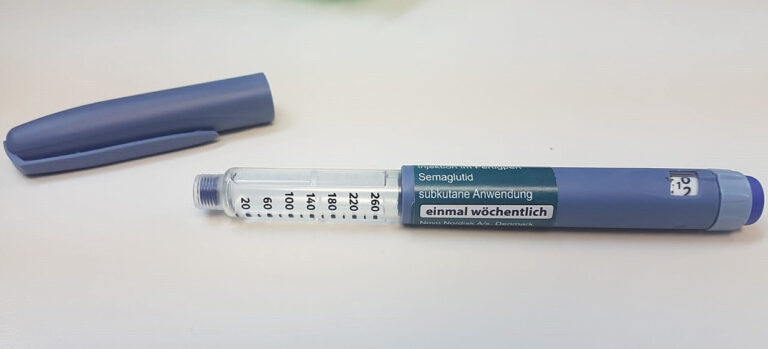Biologics are medical products, such as vaccines, blood components, somatic cells, gene therapies, and therapeutic proteins, that are manufactured in, extracted from, or synthesized from biological sources. Unlike small-molecule drugs (which are chemically synthesized and have a simple, well-defined structure, such as aspirin), biologics are large, complex molecules, often a thousand times bigger, and highly sensitive to external conditions like temperature.
The manufacturing process for biologics—known as Biomanufacturing—is significantly more complex and resource-intensive, often involving living cell cultures (Upstream Processing) and intricate purification steps (Downstream Processing). The most common type of biologic drug is the Monoclonal Antibody (mAb), which is engineered to specifically target and neutralize disease-causing agents, such as cancer cells or immune system components. Due to their targeted nature and complexity, biologics are at the forefront of treating complex conditions like cancer, autoimmune disorders, and rare diseases, representing the fastest-growing and highest-value segment of the global pharmaceutical market.


